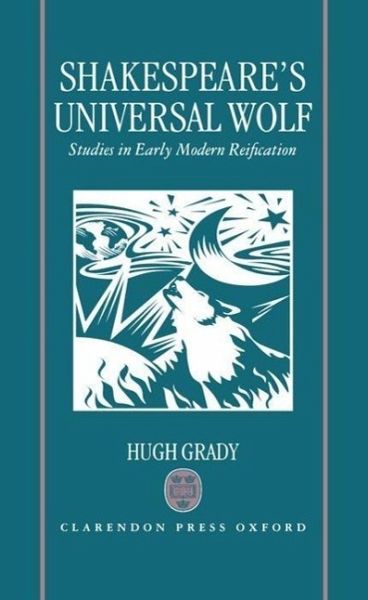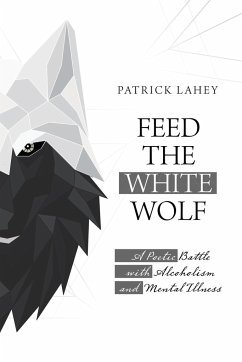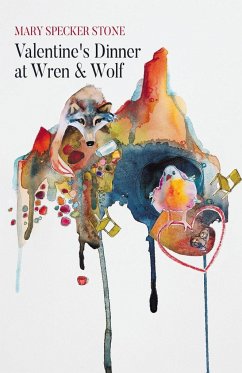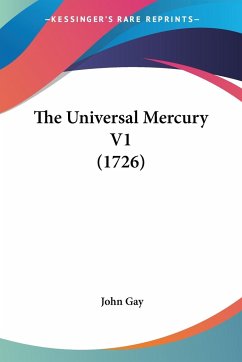
Shakespeare's Universal Wolf
Postmodernist Studies in Early Modern Reification
Versandkostenfrei!
Versandfertig in 1-2 Wochen
98,99 €
inkl. MwSt.

PAYBACK Punkte
49 °P sammeln!
In Troilus and Cressida, Shakespeare's image of "an universal wolf" of appetite, power, and will represented and critiqued the emerging systems of modernity: mercantile capitalism, Machiavellian politics, and value-free rationality. Rereading Troilus, Othello, King Lear, and As You Like It, Grady finds many parallels between Shakespeare's criticism and that of such critics as Marx, Horkheimer, Adorno, and Foucault, among others. In particular, Grady points to Shakespeare's keen interest in the twentieth-century concept of "reification," where social systems spin out of control, operating under their own autonomous logic, beyond the reach of the society which had created them.
Shakespeare was neither a Royalist defender of order and hierarchy nor a consistently radical champion of social equality, but rather simultaneously radical and conservative as a critic of emerging forms of modernity. Hugh Grady argues that Shakespeare's social criticism in fact often parallels that of critics of modernity from our own Postmodernist era. Thus the broad analysis of modernity produced by Marx, Horkheimer and Adorno, Foucault, and others can serve to illuminate Shakespeare's own depiction of an emerging modernity - a depiction epitomized by the image in Troilus and Cressida of 'an universal wolf' of appetite, power, and will. The readings of Troilus and Cressida, Othello, King Lear, and As You Like It in Shakespeare's Universal Wolf demonstrate Shakespeare's keen interest in what twentieth-century theory has called 'reification' - a term which designates social systems created by human societies but which confront those societies as operating beyond human control, according to an autonomous 'systems' logic - in nascent mercantile capitalism, in power-oriented Machiavellian politics, and in the scientistic, value-free rationality which Horkheimer and Adorno call 'instrumental reason'.












